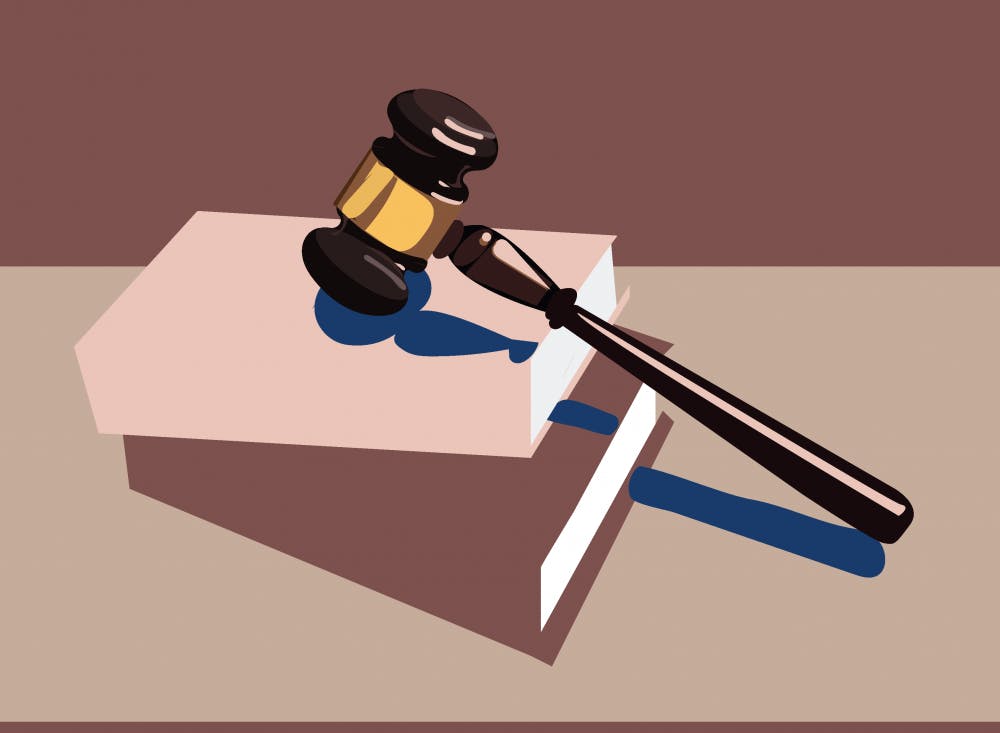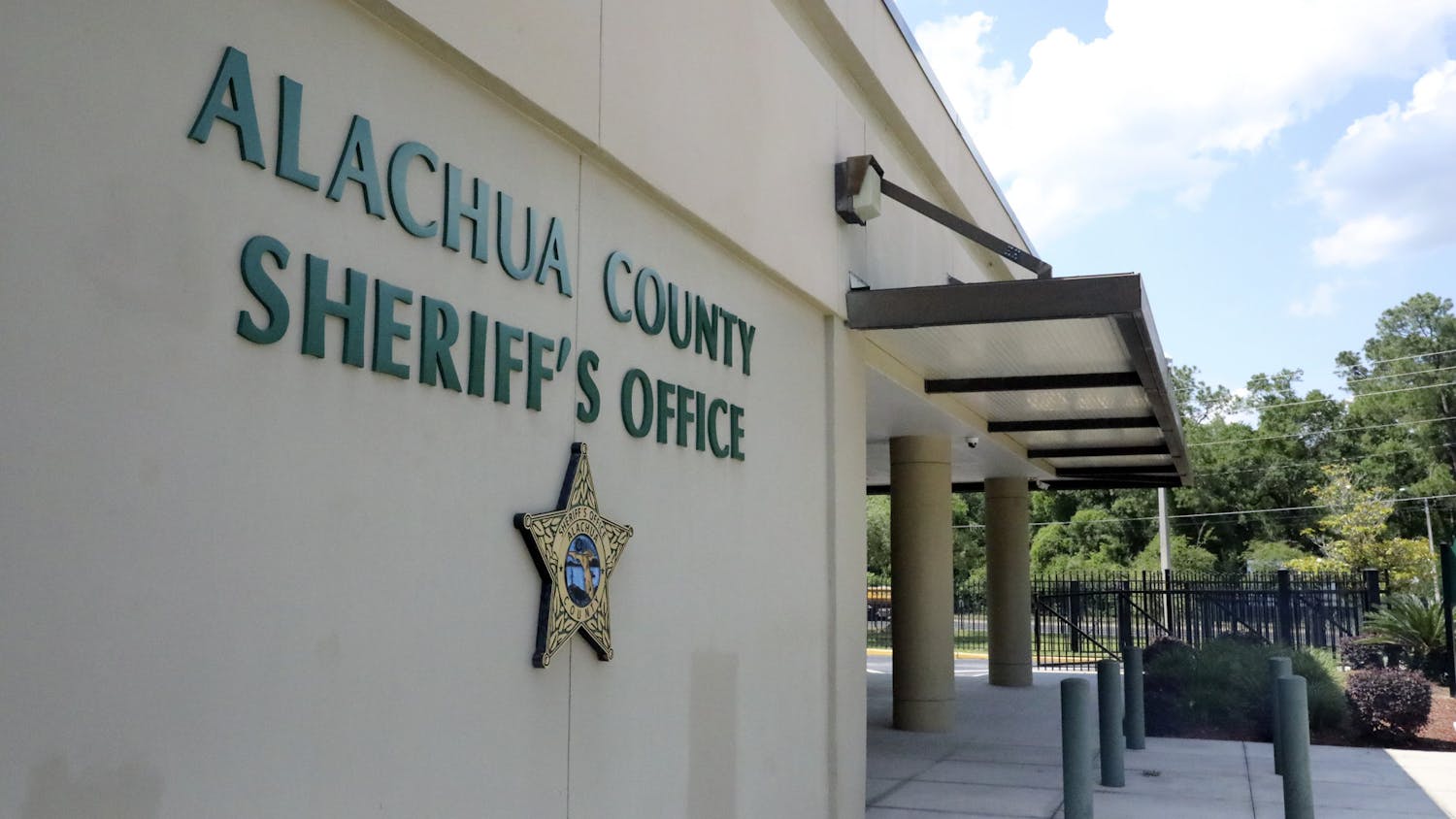When news of COVID-19 first spread in March, Ernest Walker, an inmate at Alachua County Jail, was running a fever of 102 degrees.
Walker tested negative, but his girlfriend Danielle Chanzes still worries about his health.
Brian Kramer, a prosecutor at the Gainesville State Attorney's Office, said police are doing what they can to avoid making unnecessary arrests due to COVID-19.
Officers are instructed to issue alternatives for some misdemeanors, such as sworn complaints and notices to appear, rather than make arrests, said Frank Kinsey, spokesperson for the Alachua County Sheriff’s Office. Sworn complaints are charges filed directly to the state that the state takes action on later, he said. Notices to appear are agreements signed by the defendant as a promise to appear in court later.
Both allow the defendant to stay out of jail as long as they show up in court at a later date, Kinsey said. The booking officer, who processes prisoners into jail, is also encouraged to refer to the booking schedule, which allows them to change an arrest to a notice to appear in court, Kramer said.
According to the booking schedule, this change can happen if the charge is a misdemeanor, such as retail theft or non-domestic battery, and the defendant agrees not to contact the victim, possess a firearm, refrain from criminal activity and appear in court.
However, Chanzes believes the county isn’t making enough of an effort to keep community members out of jail. She said many people are being held pre-trial because they can’t afford their bail.
“Essentially, it’s holding people hostage,” Chanzes said.
The Legal Empowerment and Advocacy Hub, Dream Defenders, Incarcerated Workers Organizing Committee and The Alachua County Labor Coalition all worked together to form an Alachua County COVID-19 Bail Fund to help people who can’t make bail, Chanzes said.
When determining bail, or the amount of money a person must pay to leave jail, judges need to ensure that the defendant, or person accused of a crime, attends their court hearing. They also need to consider if the defendant could still put the public or their victim in danger, said Sarah Wolking, Legal Skills Professor at UF.
Factors, such as the defendant’s familial ties, how long they’ve lived in the county and their employment and economic status are considered when deciding bail amounts, Wolking said.
A defendant who committed past crimes, has a history of missed court hearings or poses danger to the community is normally less likely to be granted bail, Wolking said.
When defendants arrive in court, each case is carefully considered and judges try to release them without bond if possible, Kramer said.
“If you're going to incarcerate someone on a minor crime and you’re sending them into a circumstance that could cost them their life, the judges are going to consider that very, very carefully,” he said.
With the pandemic, citizens are making less contact with law enforcement which leads to fewer arrests, he said.
“We’re small enough in Gainesville that each case can be considered on its own merits,” Kramer said. “We have plenty of time to review each of their cases in as much detail as is necessary to make a reasoned decision.”
Contact Sarah Mandile at smandile@alligator.org. Follow her on Twitter @sarahmandile.






